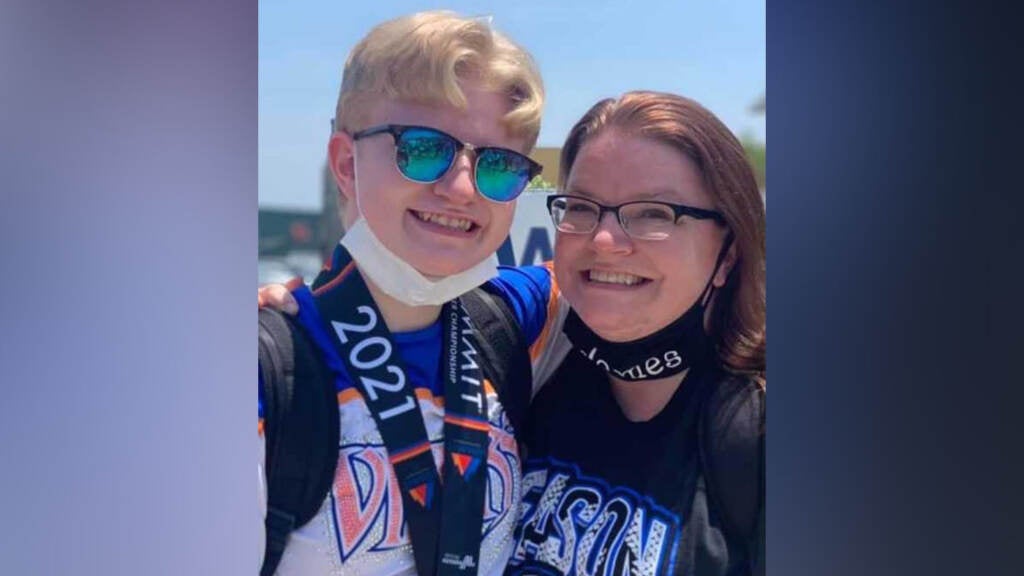“ Counselors constantly have the goal of trying to get the students to agree to share the data with the parent, ” the guidelines state .
The policy besides affects students who are pregnant. These students must inform their parents or the school will inform them .
‘Trying to hide the LGBTQ community’
James Peuplie,17, is a student at Pennridge High School who identifies as transgender. The senior said he ’ s defeated, but not surprised by the policies.
In 8th degree, Peuplie asked his teacher to use his proper name and pronouns. The school then asked his mother and father to come in to discuss his gender identity. His father had not previously known Peuplie was transgender .
“ A couple of nights later my dad ended up kicking me out, ” said Peuplie. “ So we had a very bad falling out with a in truth big argument. ”
Peuplie and his beget then had an argumentation where the patrol were involved. He ended up being taken to the hospital and diagnosed with situational depression .
He said the new policy would only isolate and put further at-risk young people like him .
“ I think that they ’ re trying to hide the LGBTQ community, ” Peuplie said.

checkup research supports the transgender adolescent ’ s view. According to a study published in the Journal of Adolescent Health, these kinds of barriers to gender affirmation lead to higher rates of suicide or depressive disorder amongst LGBTQ youth. For that reason, the School District of Philadelphia just made it easier for LGBTQ students to change their pronouns or names without getting parents involved .
The University of Pennsylvania Graduate School of Education, has an “ educator ’ randomness playbook ” for respecting pronouns in the classroom, which encourages K-12 teachers to ask students for their sex pronouns .
According to Penn GSE, “ Kids understand themselves better, and at a much younger age, than adults assume. ”
The new policies besides raise legal concerns. Witold Walczak is the legal director for ACLU Pennsylvania. He believes the new disclosure requirements for medical professionals, steering counselors, social workers “ raise very serious concerns about professional confidentiality requirements that they have. ”
“ From a policy position, you ’ rhenium setting these students up for a situation where there is no adult that they can talk to, ” Walczak said .
He said that the policy could result in young people becoming more vulnerable .
“ very frequently in these kinds of situations, parents are not an choice, ” said Walczak, “ Sometimes parents are the trouble. If you impose this disclosure prerequisite, you ’ re shutting the door to students being able to talk to school professionals. Some of these kids could actually get distress. ”


